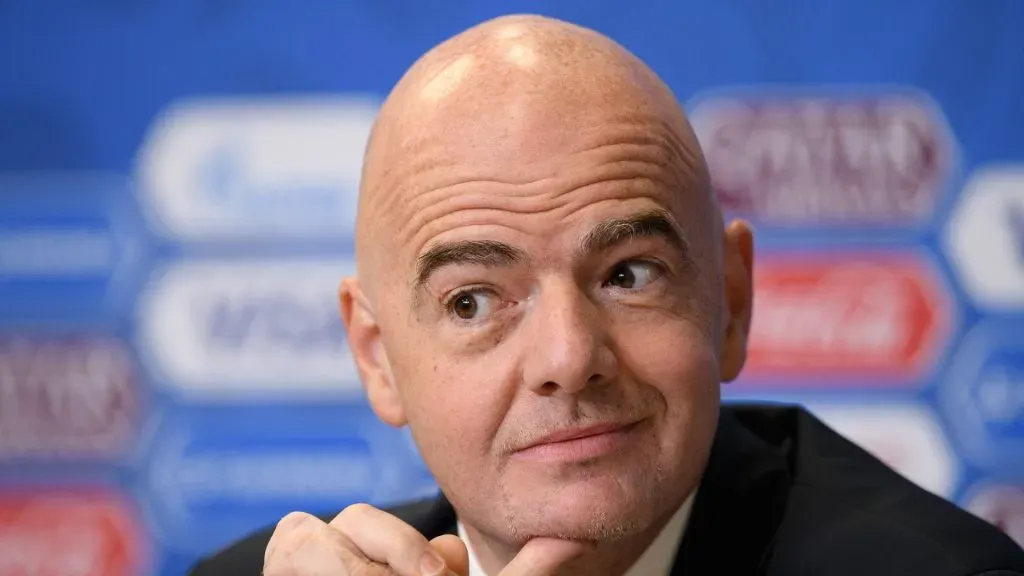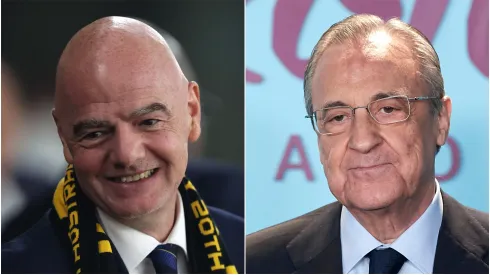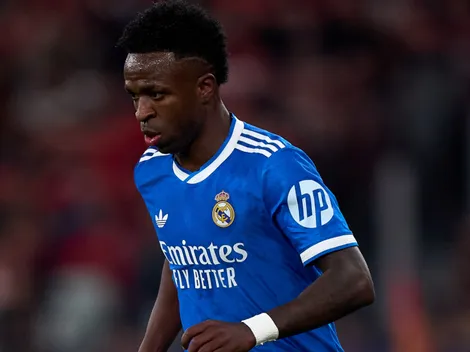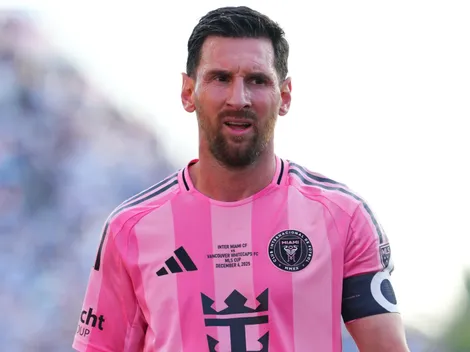In a massive decision for the future of soccer, the European Court of Justice confirmed on Thursday that UEFA and FIFA rules regarding the prior authorization of club competitions, such as the Super League, violate Union Law.
This is a turning point in the race to create an alternative tournament for the Champions League as the president of Real Madrid, Florentino Perez, has been leading an effort to claim more revenue for the top clubs in the continent.
The highest administrative authority in the European Union stated that UEFA and FIFA abused of their dominant position in their actions against the creation of the Super League by threatening all the clubs involved in the project with big sanctions. For example, Real Madrid, Juventus and Barcelona.
Furthermore, the decision is not subject to appeal. As a consequence of the major hit for FIFA and UEFA, both organizations condemned the verdict in a historuc message on social media.

FIFA and Gianni Infantino are totally against the Super League (Getty Images)
FIFA, UEFA take a big shot at the Super League
The European Court of Justice explained that the rules of FIFA and UEFA which make any project for a new club competition, such as the Super League, subject to their prior authorization and prohibit clubs and players from participating in it under the threat of sanctions, are illegal.
Minutes after the verdict, this was the message posted on social media by FIFA and UEFA. The campaign launched by both organizations emphasizes this premise for all teams: Earn it on the Pitch.

see also
UEFA makes incredible mistake with Erling Haaland when receiving Men"s Player of the Year award
“Fans, players, coaches, federations, clubs, leagues and all those who love the beautiful game loudly say: There is no place for any type of ‘Super League’ in Europe. Sporting merit is what counts. Football is for everyone. Keep it open to all.”
What is the format of the new Super League?
64 participants will be divided into three groups. Star Group and Gold Group each with 16 teams, and a Blue Group, with the remaining 32. This new format will include relegation and promotion from the groups. Additionally, teams may be added to the Blue Group based on the merits they have achieved in their domestic competitions.

see also
US Navy veterans are furious with the bodyguard of Lionel Messi
After playing 14 matches per group, elimination rounds will take place from the quarterfinals with four teams advancing from each group to determine the champion. This means there will be a champion for each group (tier).





